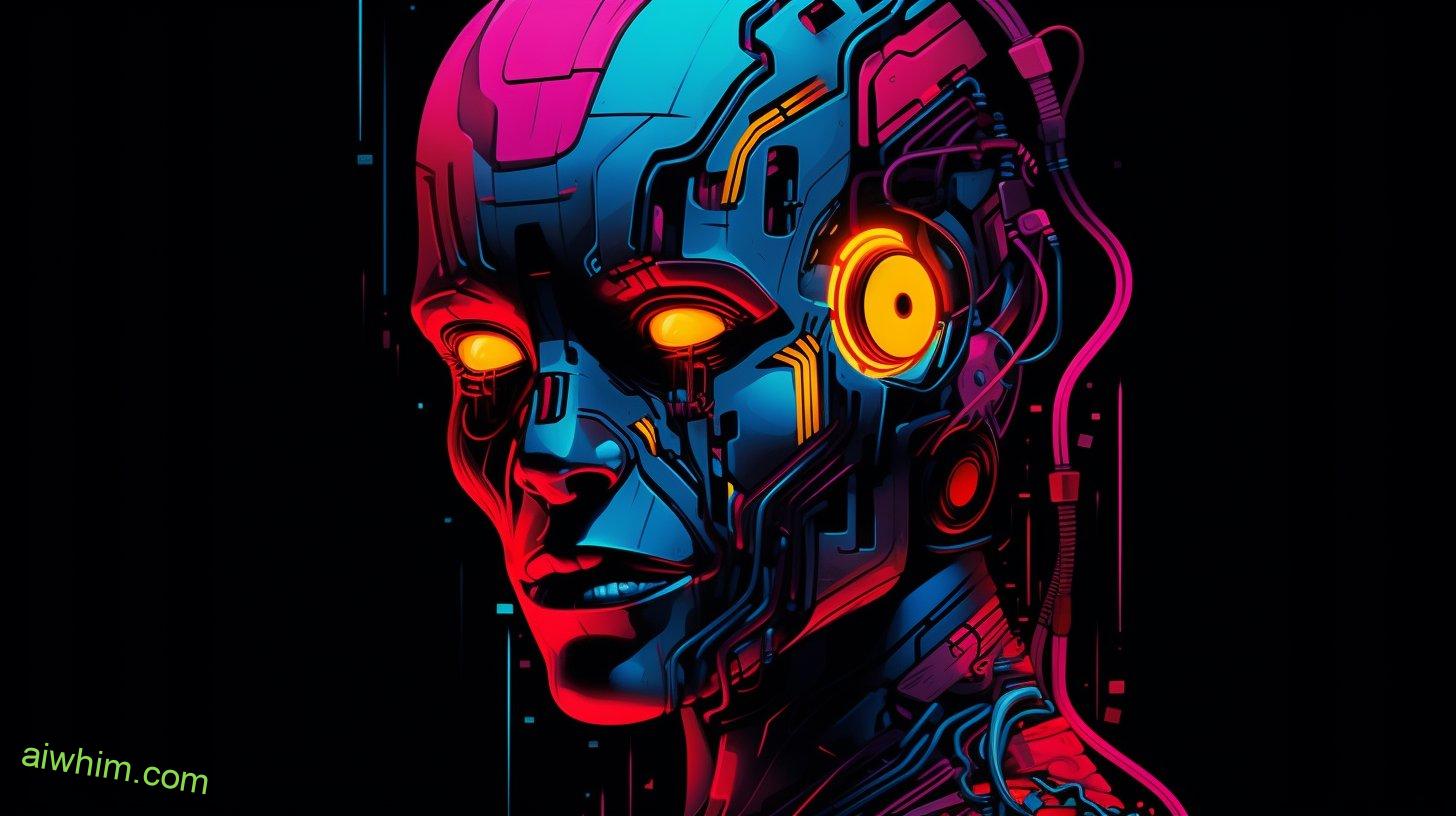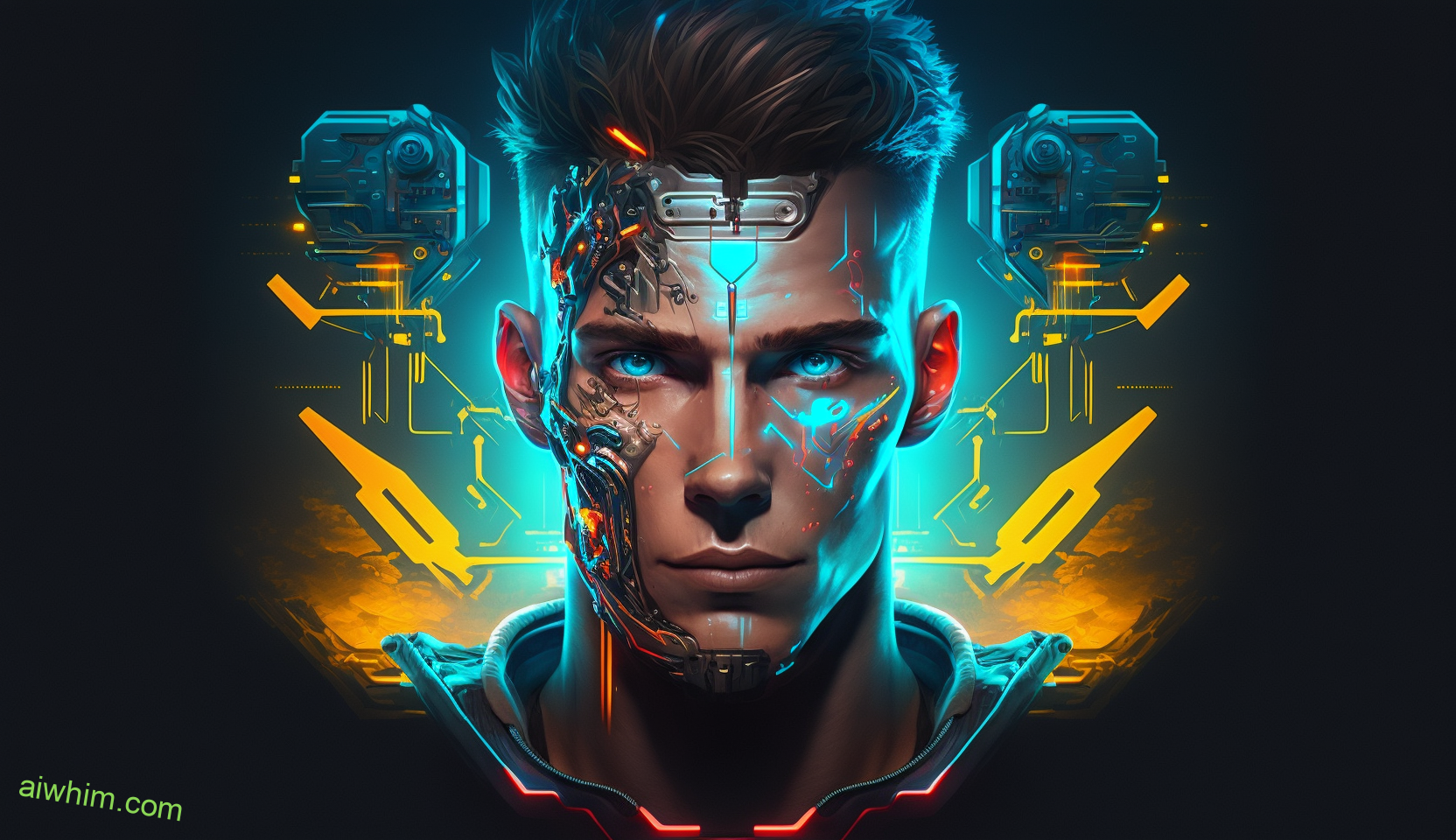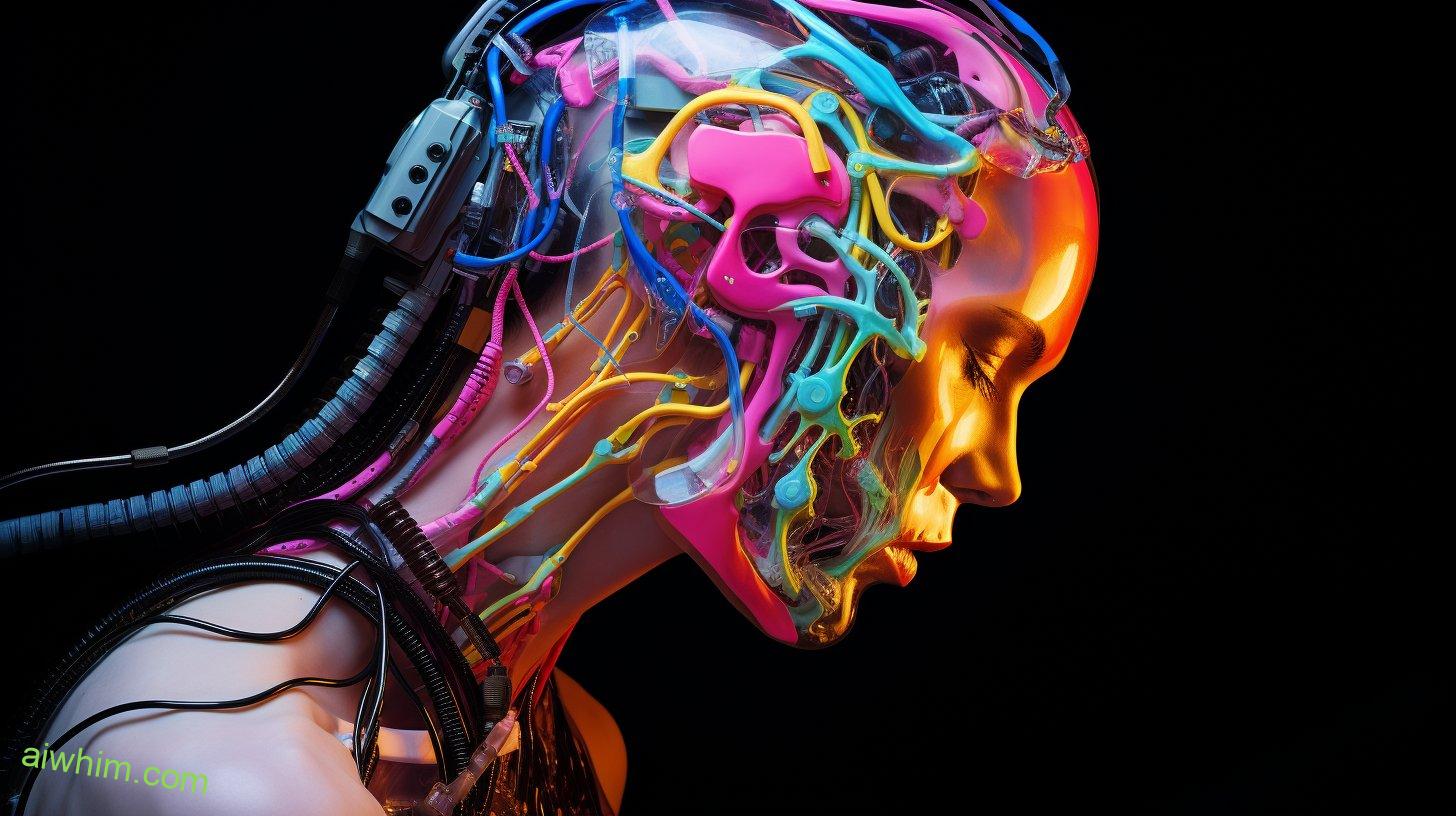In the realm of electrical work, the emergence of artificial intelligence (AI) has raised questions regarding its potential to effectively replace human electricians. This article aims to explore the role of AI in the electrical industry and evaluate its capacity to assume tasks traditionally performed by electricians.
By analyzing advancements in AI technology, assessing benefits and drawbacks, considering ethical implications, and examining potential resistance within the field, this study seeks to shed light on whether AI can truly supplant electricians or if a harmonious coexistence is more likely in the future.
Key Takeaways
- AI has the potential to revolutionize design, planning, maintenance, and troubleshooting in the electrical industry.
- While AI can enhance efficiency and accuracy, it cannot fully replace the knowledge and experience of human electricians.
- Reliability, safety, and ethical considerations are crucial challenges in incorporating AI into the electrical industry.
- Effective communication, education, and upskilling programs can help address resistance to AI adoption in the electrical industry.

The Role of AI in the Electrical Industry
The role of artificial intelligence (AI) in the electrical industry is a topic that has garnered significant attention and debate. AI has the potential to revolutionize various aspects of the electrical industry, from design and planning to maintenance and troubleshooting. However, along with its promising future applications, AI also presents potential challenges.
One of the most significant challenges in incorporating AI into the electrical industry is ensuring its reliability and safety. As AI systems become more complex and capable, there is a need for robust algorithms that can accurately analyze vast amounts of data in real-time. The accuracy of these algorithms is crucial as any errors or miscalculations could have severe consequences, such as power outages or equipment failures.
Another challenge lies in integrating AI with existing infrastructure and technologies. The electrical industry relies on a wide range of devices, systems, and protocols that may not be compatible with AI-driven solutions. Ensuring seamless integration without disrupting operations or compromising safety requires careful planning and coordination.
Despite these potential challenges, the future applications of AI in the electrical industry are vast. AI can optimize energy consumption by analyzing patterns and adjusting power distribution accordingly. It can also improve predictive maintenance by monitoring system health and identifying potential issues before they cause major disruptions.
Furthermore, AI-powered automation can streamline processes such as installation, repairs, and inspections while reducing human error. This not only increases efficiency but also enhances worker safety by minimizing their exposure to hazardous environments.
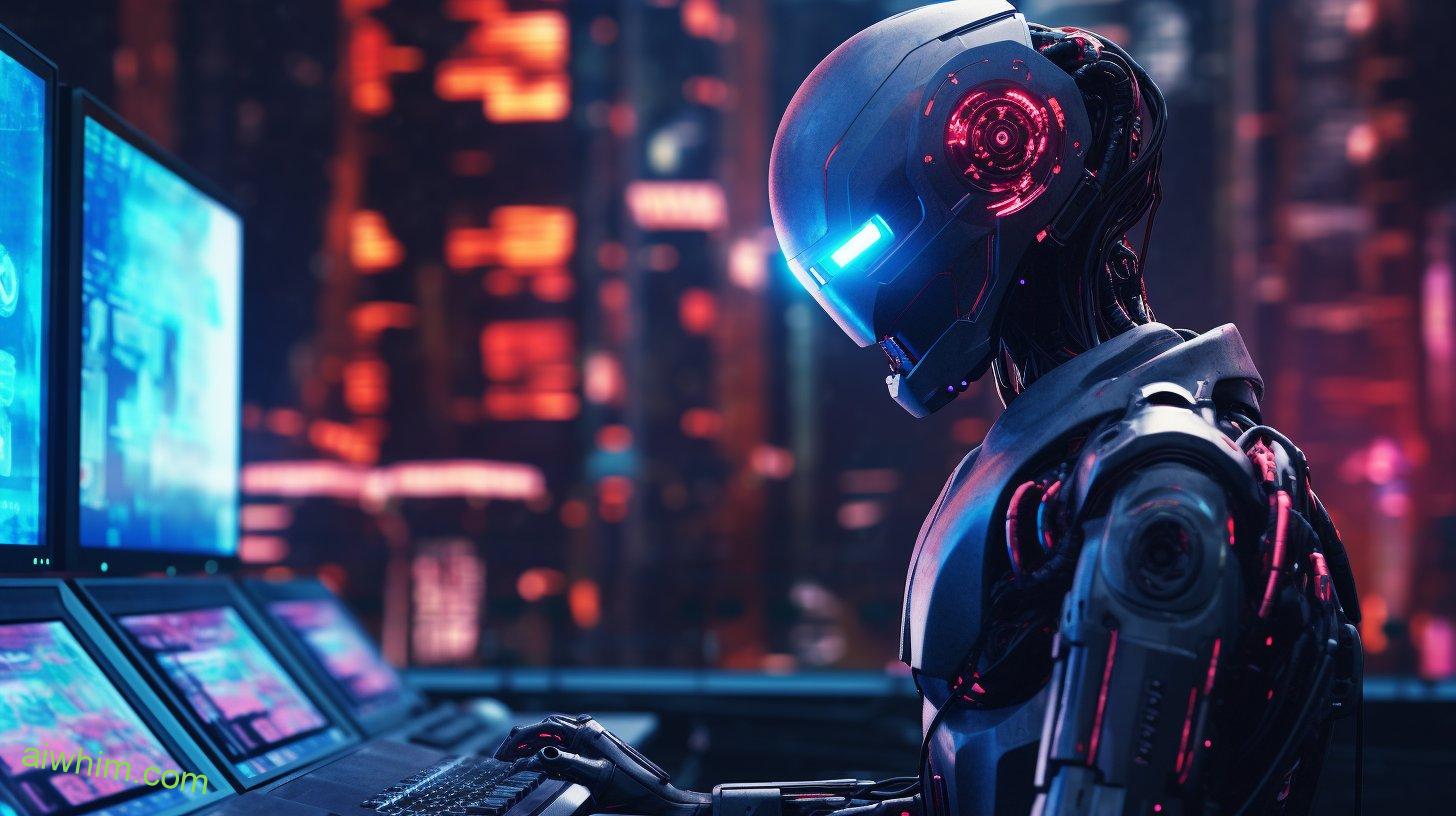
Understanding the Potential of AI in Electrical Work
One potential area of exploration lies in examining the capacity of artificial intelligence to fulfill tasks within the field of electrical work. As advancements in AI for electricians continue to progress, it is important to consider the potential benefits and limitations that AI-powered tools can bring to this profession.
- Increased efficiency: AI-powered tools have the potential to significantly improve the efficiency of electrical work. These tools can quickly analyze data, identify patterns, and make informed decisions based on previous experiences. This can reduce human error and lead to faster completion of tasks.
- Enhanced safety: Safety is a top priority in electrical work, and AI-powered tools can contribute to safer working environments. For example, robots equipped with sensors and cameras can be used for inspecting potentially hazardous areas or handling dangerous materials. By reducing direct human involvement in risky situations, these tools can minimize accidents and injuries.
- Job augmentation rather than replacement: While there are concerns about job displacement due to automation, it is important to note that AI should be seen as a tool that augments an electrician’s skills rather than completely replacing them. Electricians possess unique problem-solving abilities, critical thinking skills, and expertise that cannot be replicated by machines alone. Therefore, integrating AI into electrical work has the potential to enhance productivity while still valuing the knowledge and experience of human professionals.

Advancements in AI Technology for Electricians
Advancements in technology have brought about significant progress in the field of artificial intelligence (AI) for professionals working with electrical systems. These advancements have led to the integration of AI in electrical maintenance and safety, providing new opportunities and enhancing the effectiveness of electricians.
One major advancement in AI for electrical maintenance is predictive analytics. This technology utilizes machine learning algorithms to analyze historical data from electrical systems and identify patterns that may indicate potential failures or malfunctions. By implementing predictive analytics, electricians can proactively address issues before they escalate, minimizing downtime and improving overall system reliability.
Another area where AI is being integrated is in electrical safety. For example, smart sensors equipped with AI capabilities can continuously monitor the condition of electrical equipment, detecting anomalies such as overheating or abnormal vibrations. When an issue is identified, these sensors can automatically trigger alarms or shut down the system to prevent further damage or potential hazards.
Furthermore, AI-powered automation tools are being developed to assist electricians in their daily tasks. These tools can streamline processes such as fault diagnosis and troubleshooting by analyzing data from multiple sources and providing real-time recommendations for repairs or adjustments.
While these advancements in AI offer numerous benefits for professionals working with electrical systems, it is important to acknowledge that human expertise and judgment are still crucial. Electricians possess a deep understanding of complex electrical systems and regulations that cannot be easily replicated by AI alone.
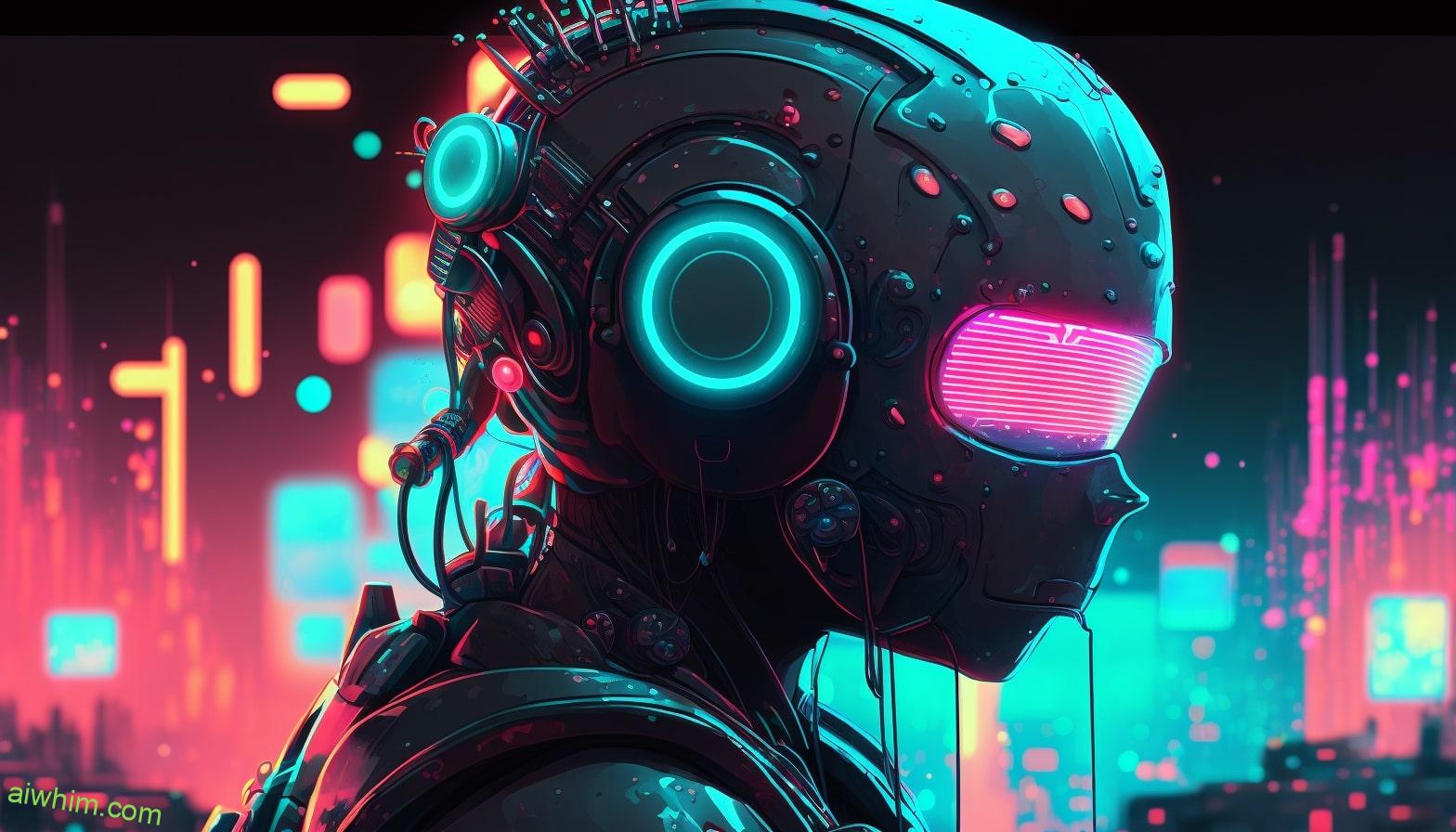
Benefits and Drawbacks of AI in the Electrical Field
Predictive analytics in the electrical field offers the advantage of proactively addressing potential failures or malfunctions, minimizing downtime and improving system reliability. This advanced technology utilizes AI algorithms and machine learning techniques to analyze data from various sources such as sensors, historical maintenance records, and real-time performance metrics. By continuously monitoring and analyzing this data, predictive analytics can identify patterns and anomalies that may indicate potential risks or issues before they escalate into major problems.
However, the implementation of AI in the electrical field also presents several challenges. These challenges include:
- Data quality: The effectiveness of predictive analytics relies heavily on the quality and accuracy of the data fed into the system. Inadequate or unreliable data can lead to inaccurate predictions or missed warnings about potential failures.
- Expertise requirement: Implementing AI systems in the electrical field requires skilled professionals who possess both domain knowledge and technical expertise in programming and data analysis. Without proper training, it may be challenging for electricians to fully leverage the capabilities of these advanced technologies.
- Ethical concerns: As AI systems become more integrated into our daily lives, there are concerns regarding privacy, security, and ethical considerations. For example, who owns and has access to sensitive data collected by these systems? How can we ensure that AI algorithms do not discriminate against certain individuals or groups?
While predictive analytics in the electrical field offers numerous benefits such as improved efficiency and reduced downtime, it is essential to address these implementation challenges effectively for its successful integration into existing systems. By doing so, we can harness the full potential of AI while mitigating any associated risks or drawbacks.
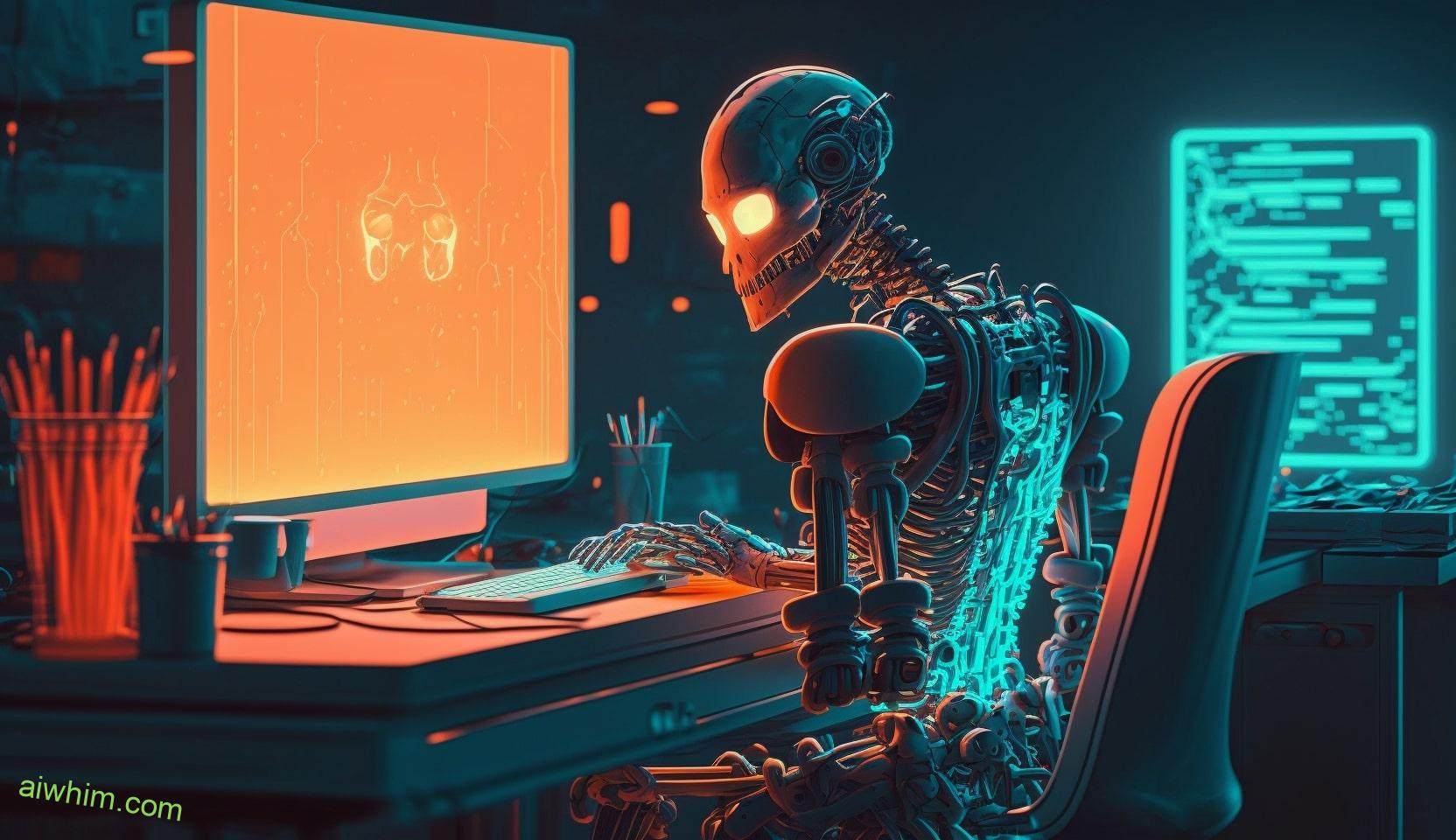
AI-Powered Tools for Electricians
The integration of AI-powered tools in the electrical field has revolutionized the way tasks are performed, enhancing efficiency and accuracy in diagnosing and troubleshooting electrical systems. AI-powered diagnostics have become increasingly popular due to their ability to automate various processes in electrical work. These tools utilize advanced algorithms to analyze data, identify patterns, and make predictions based on historical information. By leveraging machine learning techniques, AI-powered diagnostics can quickly detect faults or anomalies in electrical systems, enabling electricians to address issues promptly.
Automation plays a crucial role in improving efficiency and reducing human error in electrical work. With AI-powered tools, routine tasks such as circuit testing or equipment maintenance can be automated, saving time and effort for electricians. These tools can also provide real-time monitoring of electrical systems, alerting electricians to potential problems before they escalate into major issues.
Furthermore, the use of AI-powered tools promotes accuracy in diagnosing complex electrical problems. By analyzing vast amounts of data from sensors or historical records, these tools can identify underlying causes of system failures or inefficiencies that may not be immediately apparent to human operators. This allows electricians to develop targeted solutions more effectively.
Despite the advantages offered by AI-powered diagnostics and automation in electrical work, it is important to note that these tools should not replace human expertise entirely. Electricians possess critical thinking skills and practical knowledge that cannot be replicated by machines alone. Instead, the integration of AI-powered tools should be seen as a complement to human capabilities rather than a substitute.
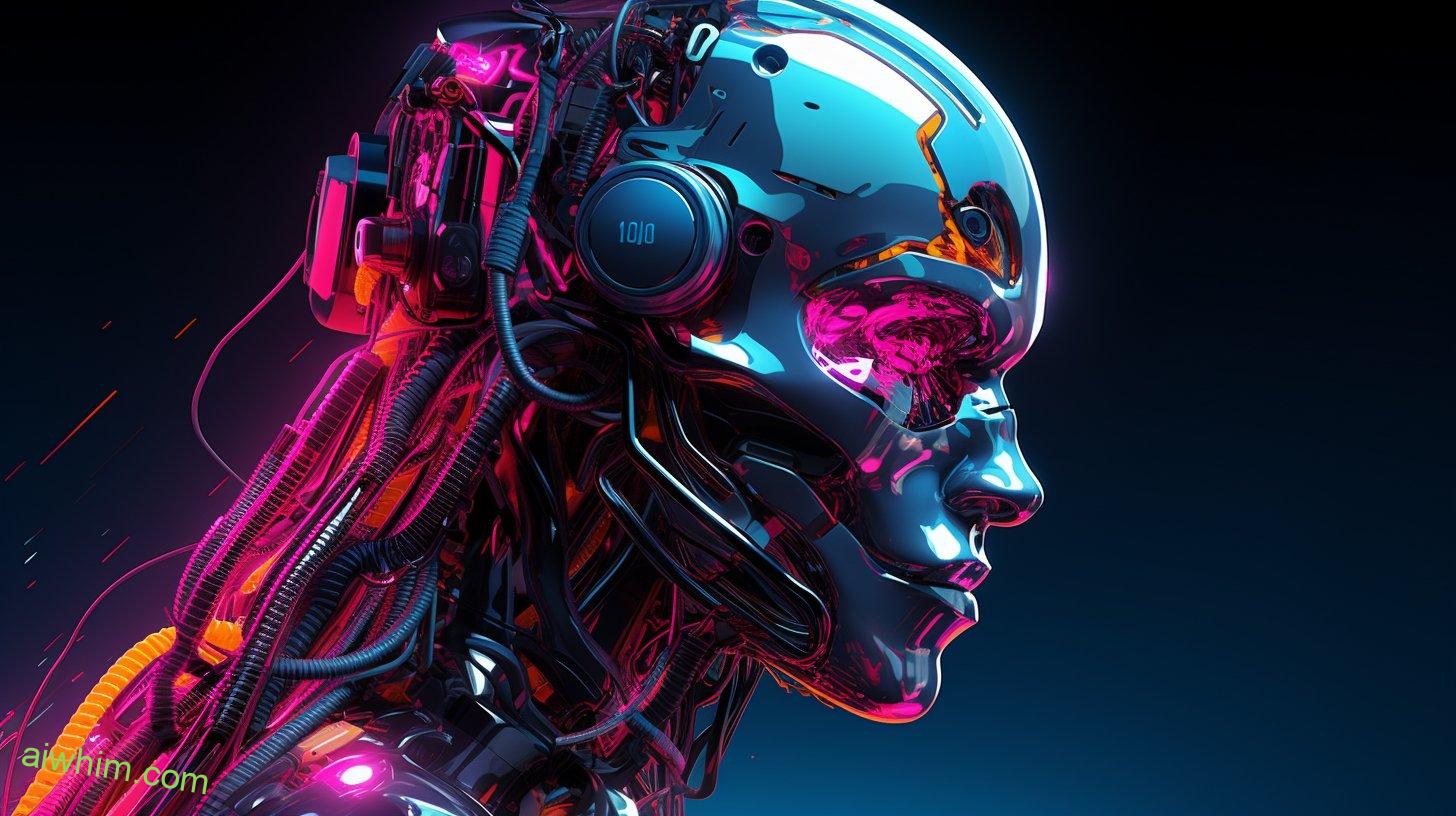
Training Electricians for the Age of AI
Training programs in the electrical industry are evolving to incorporate the necessary skills and knowledge for electricians to effectively utilize AI-powered tools. As advancements in artificial intelligence continue to reshape various industries, it is essential for electricians to adapt and stay updated with these technological changes. Here are three key ways in which electrician training methods are adapting to AI advancements:
- Integrating AI-related coursework: Electrician training programs now integrate coursework specifically designed to familiarize learners with AI technologies and their applications in the electrical field. This includes understanding how AI-powered tools can enhance productivity, improve safety standards, and optimize energy consumption.
- Hands-on experience with AI-driven equipment: To ensure that electricians are proficient in using AI-powered tools, training programs provide hands-on experience with these advanced equipment during practical sessions. This allows learners to gain confidence in operating such tools effectively and efficiently.
- Emphasizing critical thinking skills: While AI-powered tools can automate certain tasks, they cannot replace the expertise of human electricians who possess critical thinking skills and problem-solving abilities. Training programs now focus on developing these skills through case studies, simulations, and real-world scenarios where electricians need to analyze complex situations and make informed decisions.
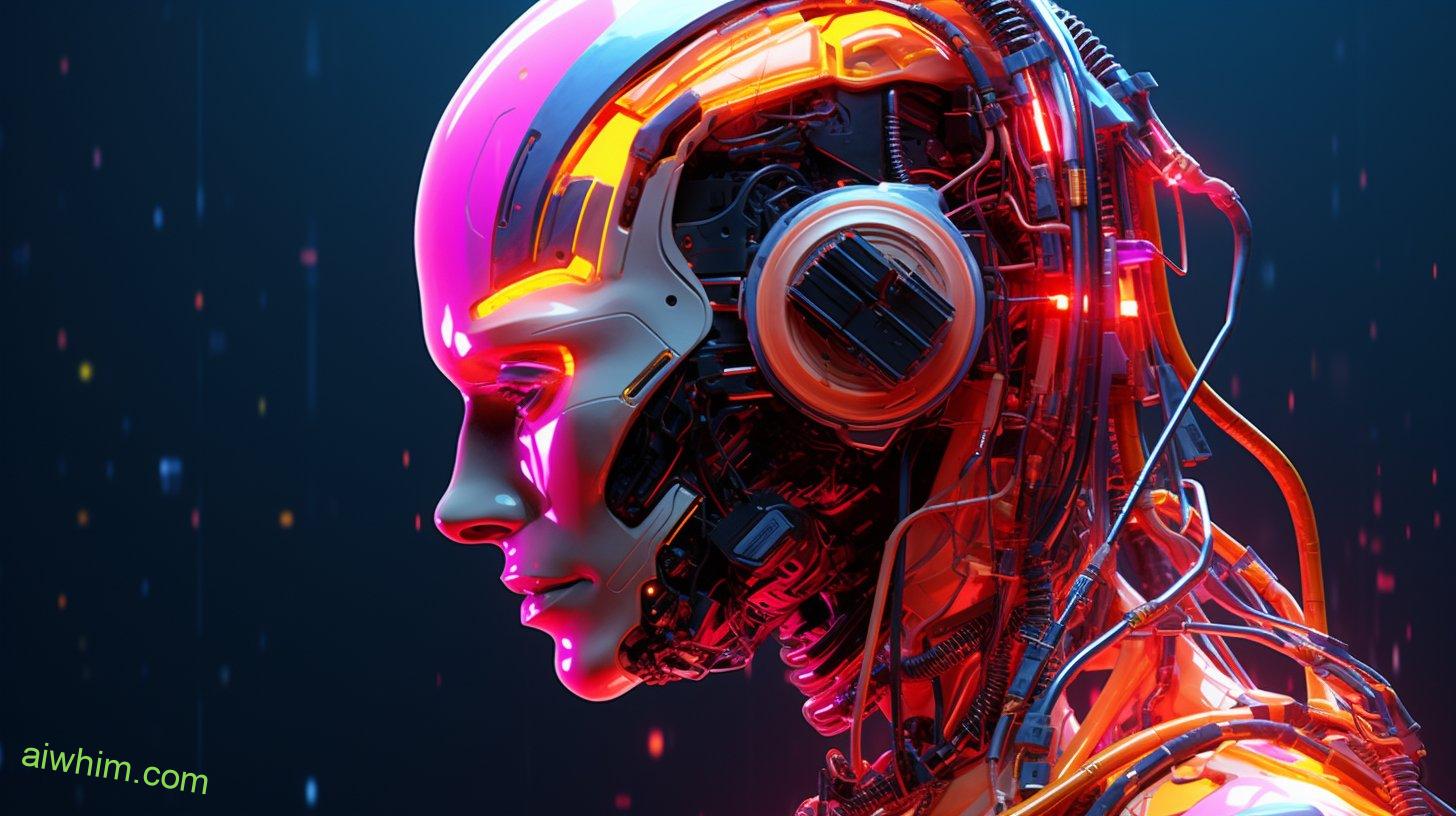
How AI Can Improve Efficiency in Electrical Jobs
Implementing artificial intelligence technologies in the electrical industry has the potential to enhance operational efficiency and streamline various tasks. AI can play a significant role in improving safety and reducing labor requirements within electrical jobs. By automating repetitive and hazardous tasks, AI systems can minimize human error and decrease the risk of accidents or injuries.
One way AI can improve safety is through predictive maintenance. Electrical systems require regular inspections to identify potential faults or malfunctions. AI algorithms can analyze large amounts of data from sensors and historical records to predict when equipment is likely to fail. By identifying these issues in advance, maintenance can be scheduled proactively, reducing the likelihood of unexpected breakdowns that could lead to dangerous situations.
Furthermore, AI-powered robots can assist electricians in performing physically demanding tasks such as lifting heavy equipment or working in confined spaces. These robots are equipped with advanced sensors and algorithms that enable them to navigate complex environments safely. They can also perform tasks with precision, reducing the need for human intervention and minimizing the risk of errors.
In addition to improving safety, implementing AI technologies in the electrical industry can also reduce labor requirements. For example, AI-enabled software tools can automate design processes by generating optimized blueprints based on project requirements. This reduces the time spent on manual drafting and allows electricians to focus on more complex aspects of their work.
While it is important to note that AI cannot entirely replace skilled electricians due to their expertise and ability to handle unique situations, integrating these technologies into electrical jobs has clear advantages in terms of safety improvement and labor reduction.
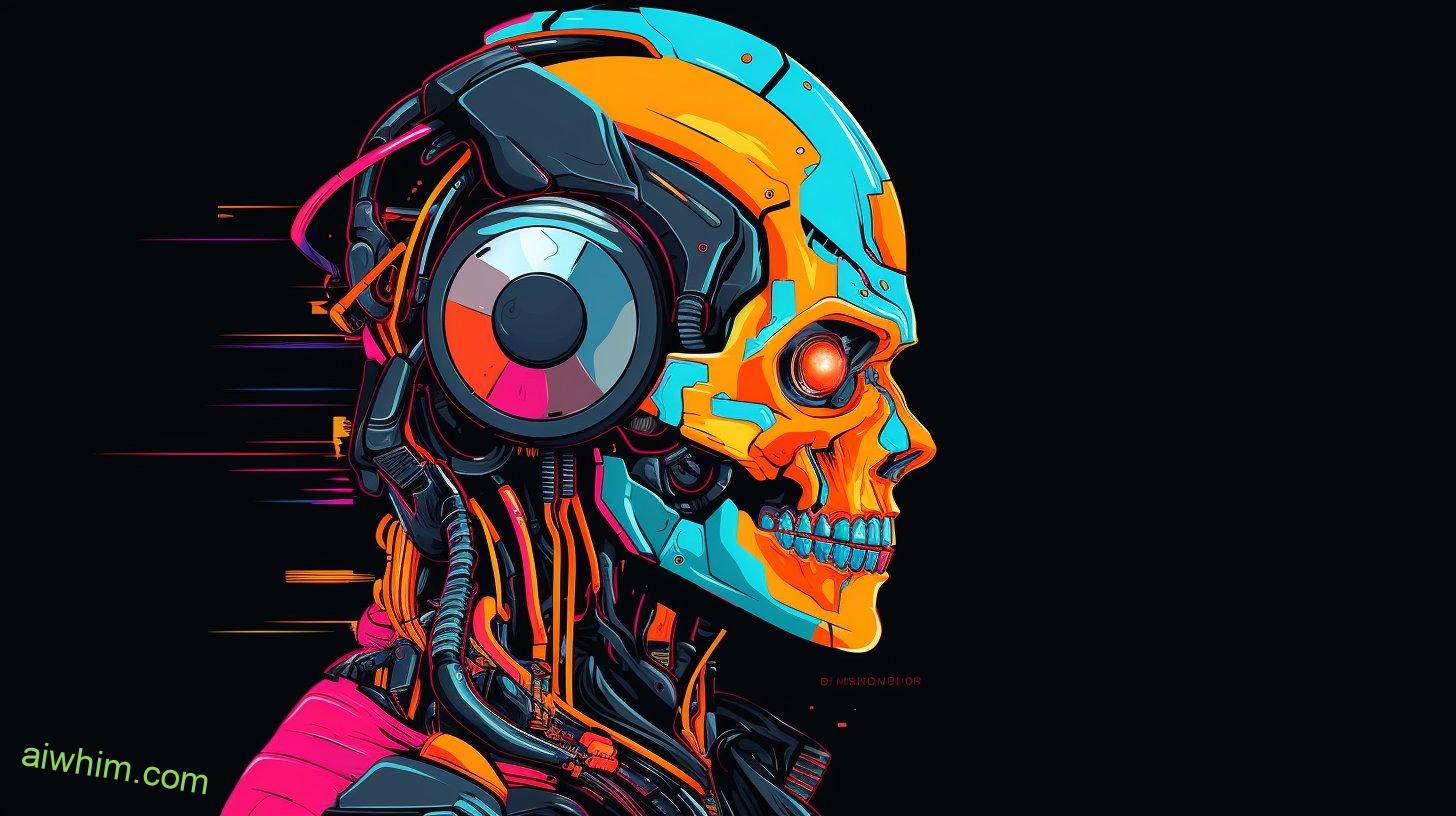
The Impact of AI on Job Security for Electricians
Integrating AI technologies into the electrical industry has raised concerns about the potential impact on job security for professionals in this field. As artificial intelligence continues to advance, there is a growing fear that electricians may be at risk of being replaced by machines. This raises questions about the future of electrician apprenticeships and whether traditional training programs will still be relevant.
- Job Loss Anxiety: The introduction of AI in the electrical industry has sparked anxiety among electricians regarding their job security. They worry that automated systems and robots could perform tasks more efficiently and accurately than human workers, leading to a decline in demand for manual labor.
- Skills Obsolescence: With the rapid advancement of AI technologies, there is concern that certain skills acquired through traditional electrician apprenticeships might become obsolete. Electricians may need to continuously update their knowledge and adapt to new technologies to remain competitive in the evolving job market.
- Redefined Roles: While AI may automate some aspects of electrical work, it is important to note that it cannot completely replace human judgment and problem-solving abilities. Electricians have expertise in troubleshooting complex issues and ensuring safety standards are met, which remain crucial even with technological advancements.
The impact of AI on job security for electricians remains uncertain. It is essential for both current professionals and aspiring apprentices to stay informed about emerging technologies and develop skills that complement automation rather than competing against it.
The future of electrician apprenticeships may involve incorporating training on AI-related tools and software alongside traditional technical knowledge, allowing individuals to thrive in a rapidly changing industry where freedom lies in adapting to new opportunities rather than resisting change.
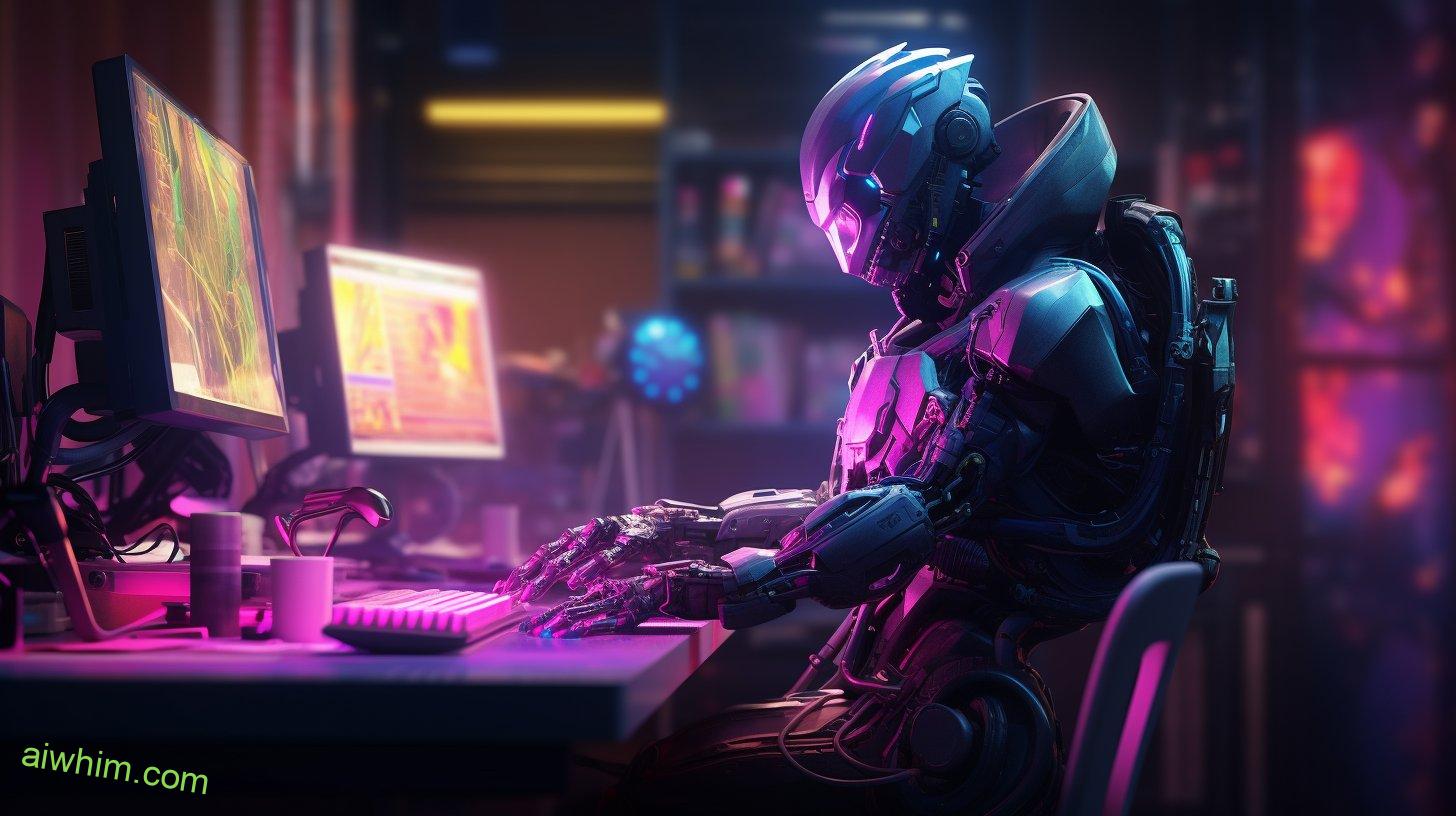
AI Vs. Human Expertise: Who Will PrevAIl
The comparison between the capabilities of artificial intelligence (AI) and human expertise in the electrical industry has become a subject of inquiry. The question arises: can AI effectively replace human electricians in the future of electrical work? This debate centers on the potential advantages and limitations of both human and machine capabilities.
On one hand, proponents argue that AI has the potential to revolutionize the electrical industry by improving efficiency, reducing costs, and minimizing human errors. Machines equipped with advanced algorithms can quickly analyze complex data sets, identify patterns, and make accurate decisions. Moreover, AI-powered robots can perform physically demanding tasks with greater precision and speed than their human counterparts.
However, there are limitations to what AI can achieve in this field. Electrical work often requires problem-solving skills that go beyond pattern recognition or algorithmic decision-making. Human electricians possess tacit knowledge gained through years of experience, enabling them to navigate complex situations where unforeseen challenges arise. They have an innate ability to adapt to changing circumstances and use intuition when making critical decisions.
Furthermore, electrical work involves interacting with clients which necessitates interpersonal skills such as communication and empathy – qualities that machines currently lack. Building trust with clients is crucial for success in this industry.
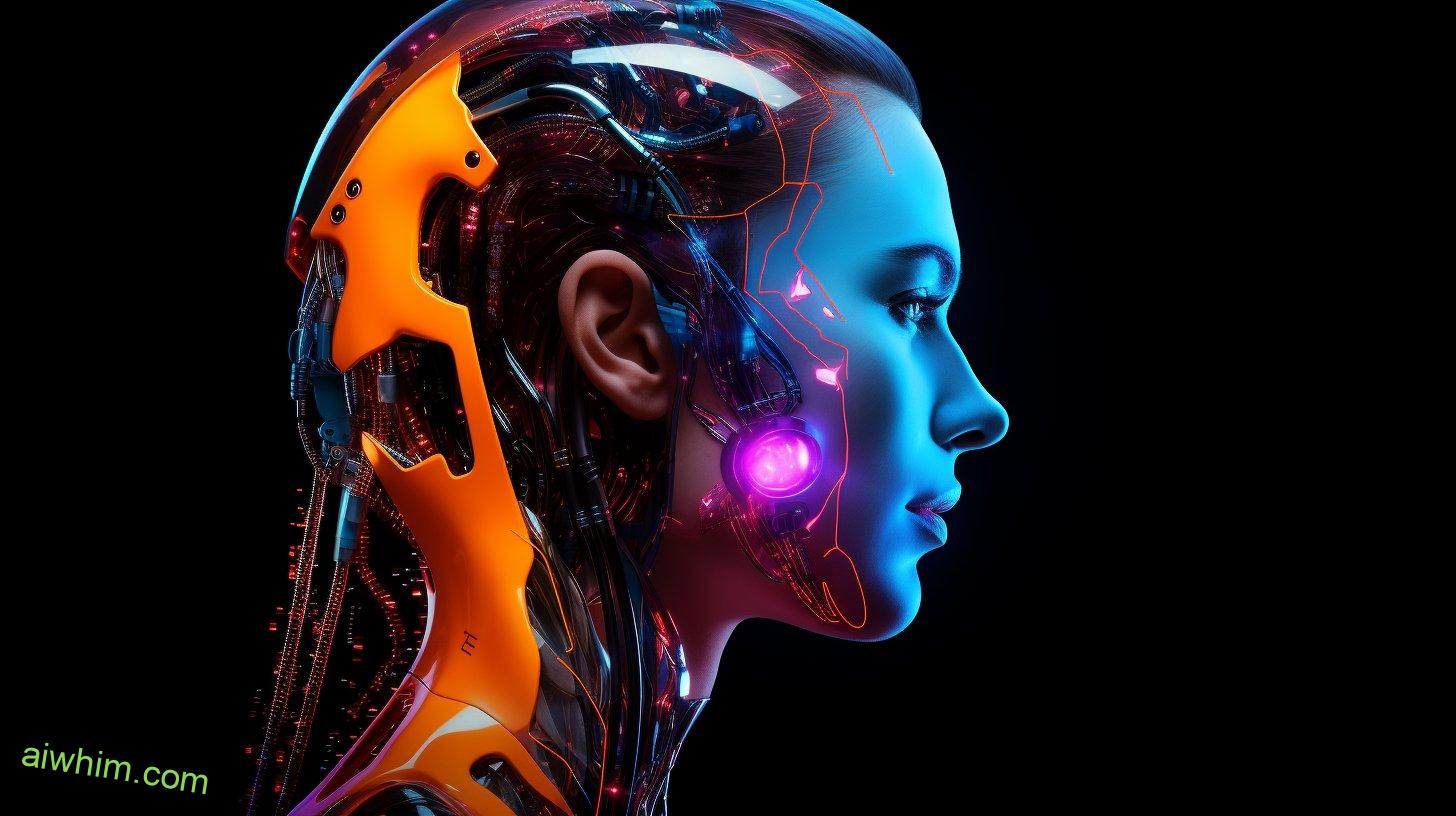
Ethical Considerations of AI in Electrical Work
Ethical considerations surrounding the use of artificial intelligence (AI) in the field of electrical work have garnered significant attention. As AI technology continues to advance and integrate into various industries, concerns arise regarding its impact on job displacement and its role in decision-making ethics.
- Job Displacement: The introduction of AI in electrical work raises concerns about potential job losses for electricians. While AI may enhance efficiency and accuracy in tasks such as automation, maintenance, and troubleshooting, it could potentially replace human workers, leading to unemployment or underemployment.
- Ethical Decision Making: The utilization of AI systems in electrical work also brings forth ethical dilemmas related to decision making. AI algorithms are designed based on data inputs, which can introduce biases or discriminatory patterns. If these biases go unnoticed or unaddressed, they might perpetuate inequality and reinforce social injustices within the field.
- Transparency and Accountability: Another ethical consideration is the transparency and accountability of AI systems used in electrical work. As these systems become more autonomous and make decisions without human intervention, there is a need for clear guidelines on how they should operate ethically. This includes understanding how decisions are made, ensuring explainability when errors occur, and establishing mechanisms for holding responsible parties accountable if harm arises from AI-based decisions.
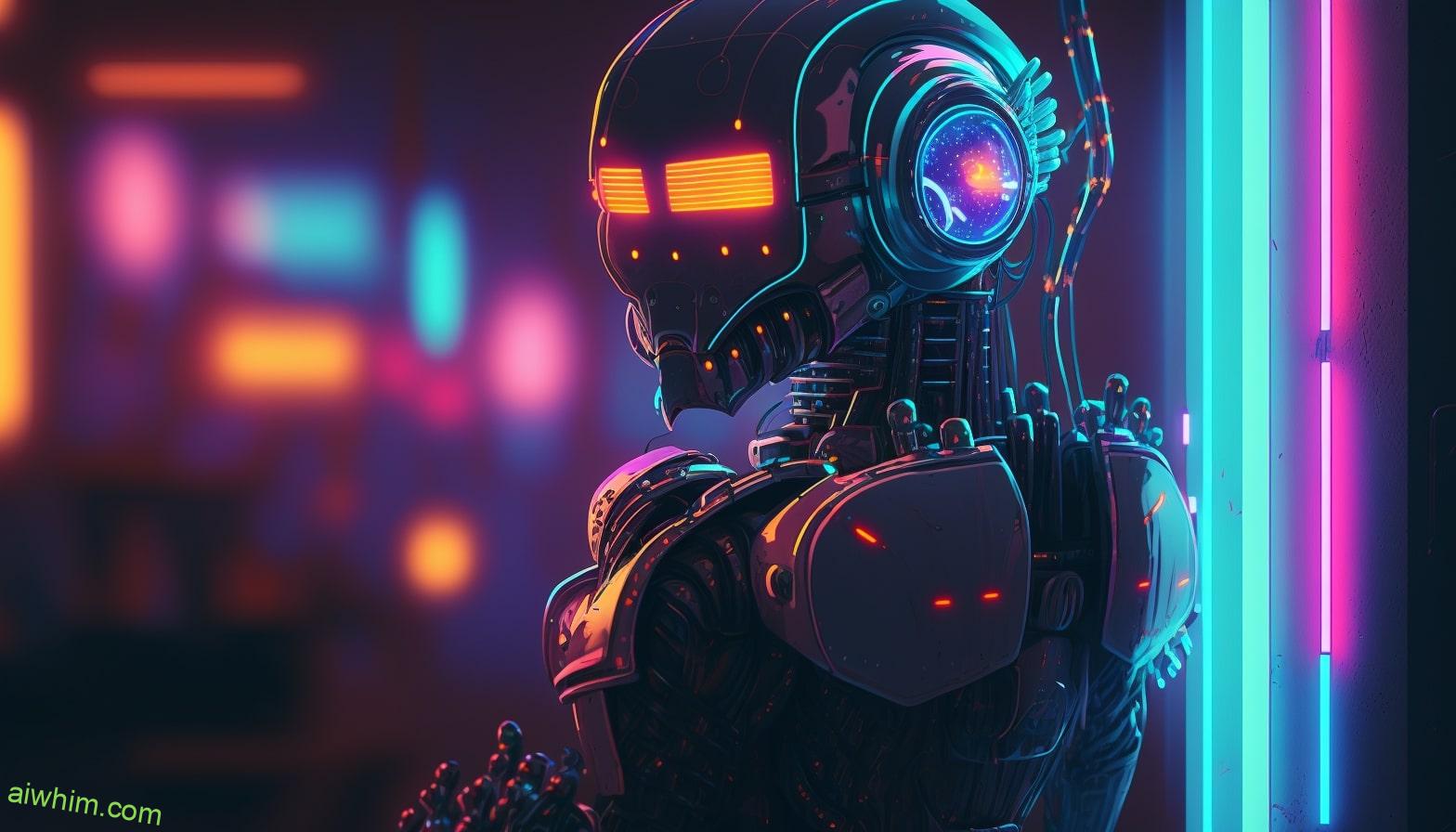
AI and the Future of Electrician Apprenticeships
One potential consequence of the increased utilization of artificial intelligence technology in electrical work is its impact on the future of apprenticeships in this field. As AI continues to advance and become more integrated into various industries, including electrical work, there are concerns about how it will affect traditional apprenticeship programs.
The integration of AI in training has the potential to transform the way electricians are trained and could potentially diminish the need for traditional apprenticeships. With AI-powered systems becoming more sophisticated, there is a possibility that they could replace certain aspects of hands-on training traditionally provided through apprenticeships. AI technologies can simulate real-world scenarios and provide interactive learning experiences, which have the potential to enhance training efficiency and effectiveness. This means that aspiring electricians may no longer need to spend extensive amounts of time working under experienced professionals to acquire practical skills.
However, it is important to consider the limitations of AI when envisioning its role in replacing apprenticeships entirely. While AI can provide valuable theoretical knowledge and simulated experiences, it cannot fully replicate the complexities and nuances that come with on-the-job training. Practical skills such as problem-solving, critical thinking, adaptability, and interpersonal communication are best developed through hands-on experience alongside seasoned professionals.
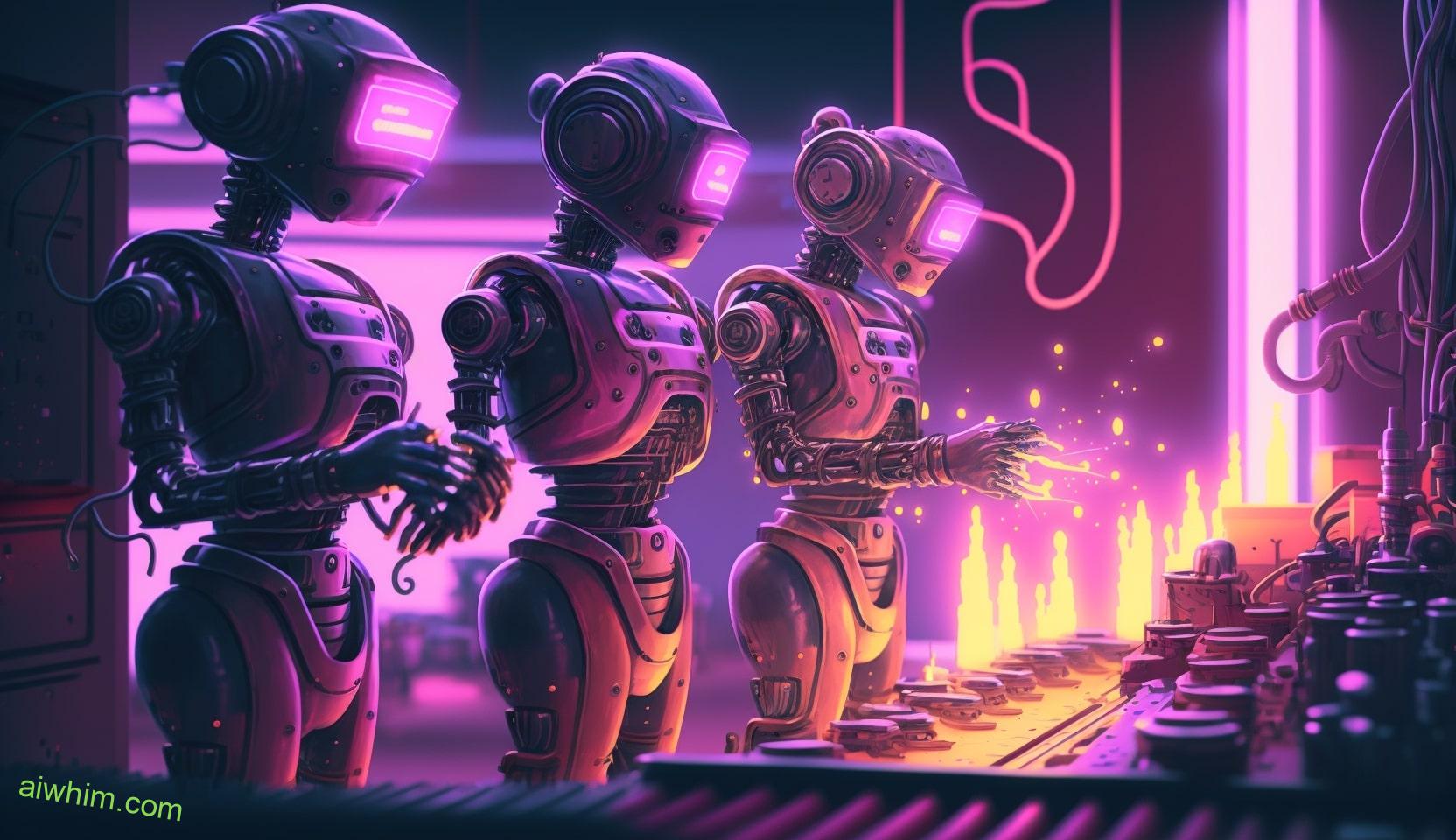
Overcoming Resistance to AI in the Electrical Industry
The previous subtopic discussed the potential impact of AI on electrician apprenticeships. Now, let us turn our attention to the current subtopic: overcoming resistance to AI in the electrical industry.
- Fear of job loss: One major source of resistance to AI adoption in the electrical industry is the fear that automation will lead to significant job losses among electricians. People worry that AI will replace their jobs entirely, leaving them unemployed and without prospects for future employment.
- Challenges in skill transition: Another reason for resistance is the concern that transitioning from traditional electrical work to working with AI and advanced technologies may require additional training or education. Electricians may feel overwhelmed by the prospect of acquiring new skills and adapting to a rapidly changing work environment.
- Ethical implications: The use of AI in the electrical industry raises ethical questions as well. For instance, there may be concerns about privacy and data security when using smart devices connected to an AI system. Additionally, issues related to algorithm bias and fairness need careful consideration to ensure that AI systems do not perpetuate existing societal inequalities.
Overcoming these sources of resistance requires effective communication and education about the benefits and limitations of AI technology in the electrical industry. Highlighting how AI can enhance efficiency, safety, and productivity while emphasizing that it complements rather than replaces human workers can help alleviate fears.
Providing opportunities for upskilling and reskilling programs can also address concerns about skill transition. Furthermore, addressing ethical considerations through transparent practices and regulations can build trust in adopting this transformative technology while ensuring freedom is upheld within society’s framework.
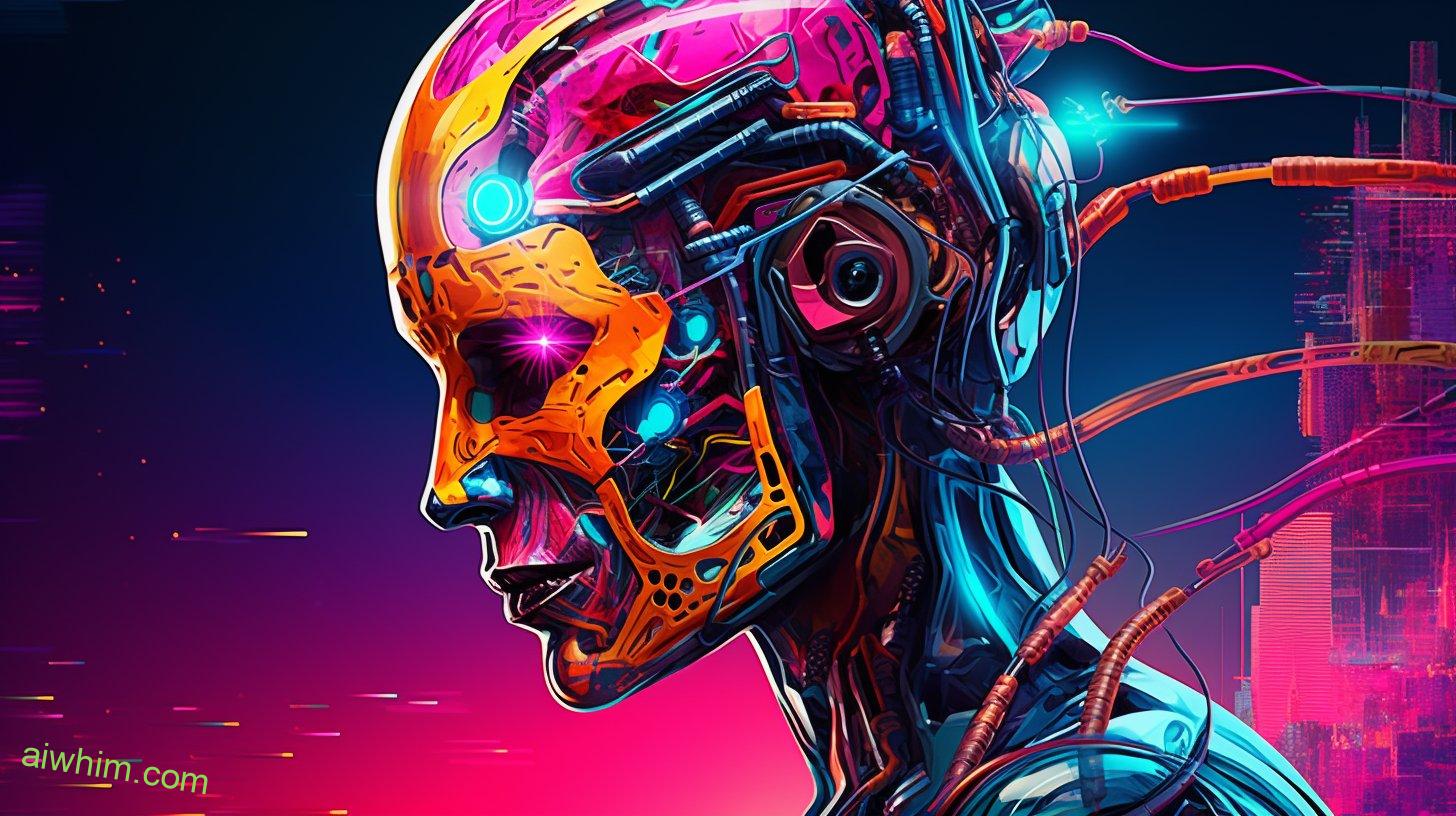
The Road Ahead: Embracing AI in the Electrician Profession
To successfully integrate AI technology into the electrician profession, a comprehensive strategy should be developed that addresses concerns related to job displacement, skill acquisition, and societal implications.
Embracing automation in the changing landscape of the electrician profession requires careful consideration of both its potential benefits and challenges.
One key concern is job displacement. As AI technologies become more advanced, there is a possibility that certain tasks traditionally performed by electricians may be automated. However, it is important to note that AI is not meant to replace human workers entirely but rather enhance their capabilities. Electricians can embrace automation by focusing on tasks that require human judgment, problem-solving skills, and creativity while delegating routine or repetitive tasks to AI systems.
Another aspect to consider is skill acquisition. As technology continues to evolve, electricians must adapt and acquire new skills to effectively utilize AI tools and systems. This may involve additional training programs or certifications aimed at enhancing technical expertise in handling AI-powered equipment. By actively engaging with emerging technologies, electricians can position themselves as valuable assets in an increasingly automated industry.
Finally, embracing AI in the electrician profession has broader societal implications. It is important for policymakers and industry leaders to ensure that the adoption of AI does not exacerbate existing inequalities or lead to job insecurity for current or future professionals in this field. A comprehensive strategy should include measures such as retraining programs for displaced workers and policies that promote ethical use of AI technologies.
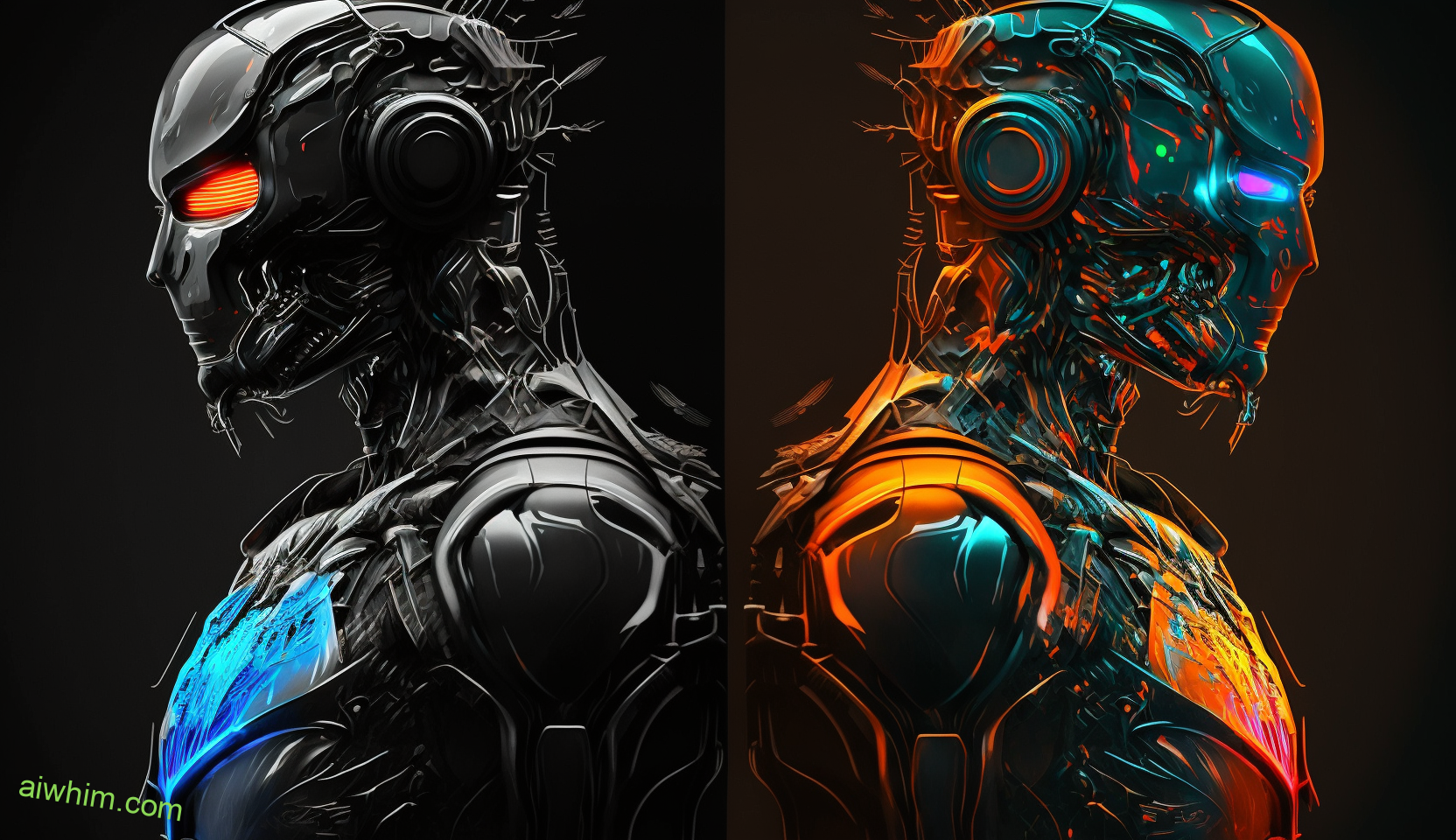
Frequently Asked Questions
How Does AI Technology Specifically Benefit Electricians in Their Day-To-Day Work?
AI technology benefits electricians in their day-to-day work by enhancing efficiency, accuracy, and safety. AI applications include automated fault detection, predictive maintenance, energy optimization, and virtual assistance for troubleshooting.
What Are Some Potential Drawbacks or Limitations of Relying on AI in the Electrical Field?
What are the potential drawbacks or limitations of relying on AI in the electrical field? It is important to consider that AI may lack the human intuition required for certain complex tasks and can be limited by its reliance on pre-programmed algorithms.
How Are Electricians Currently Being TrAIned to Adapt to the Use of AI in Their Profession?
Electricians are currently being trained to adapt to the use of AI in their profession through various methods, including workshops and specialized courses. However, challenges arise in integrating AI into their training due to technological complexities and the need for continuous skill development.
What Ethical Considerations Should Be Taken Into Account When Using AI in Electrical Work?
Ethical considerations regarding AI integration in electrical work are crucial. These considerations involve issues such as data privacy, algorithmic bias, and potential job displacement. Evaluating and addressing these concerns is necessary to ensure responsible and fair implementation of AI technologies.
How Can the Electrical Industry Overcome Resistance and Skepticism Towards the Integration of AI Technology?
Resistance and skepticism towards the integration of AI technology in the electrical industry can be addressed through several strategies. These include providing clear communication about the benefits, addressing concerns through research and evidence, and involving stakeholders in decision-making processes.

Conclusion
In conclusion, the integration of AI technology in the electrical industry holds great potential.
While there may be concerns about job displacement, it is important to view AI as a tool that can enhance the efficiency and effectiveness of electricians.
The advancements in AI-powered tools have already shown promising results, providing benefits such as increased safety and improved productivity.
However, ethical considerations should not be overlooked, and efforts should be made to ensure responsible implementation of AI in electrical work.
Embracing this technological evolution will pave the way for a brighter future for electricians.


